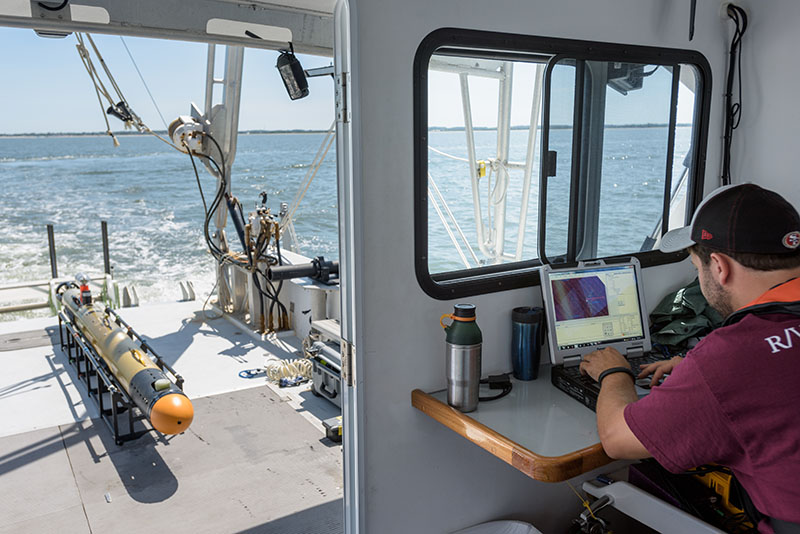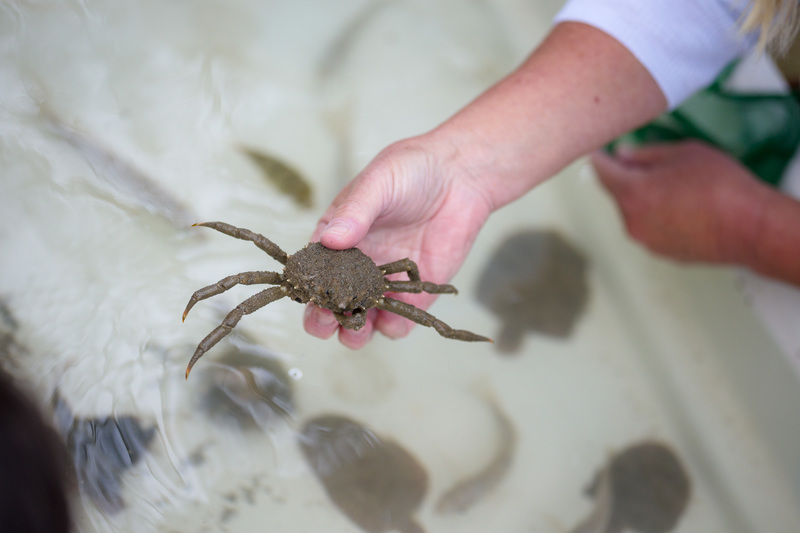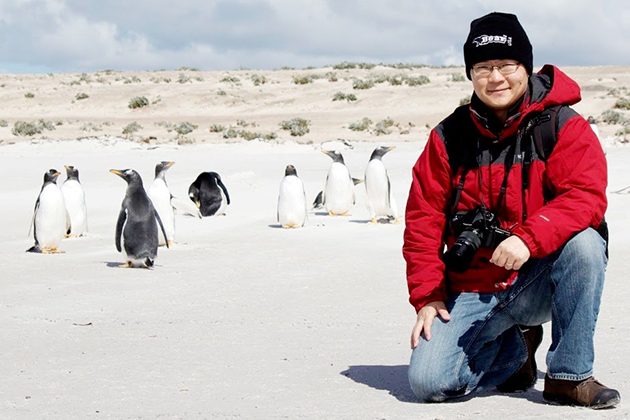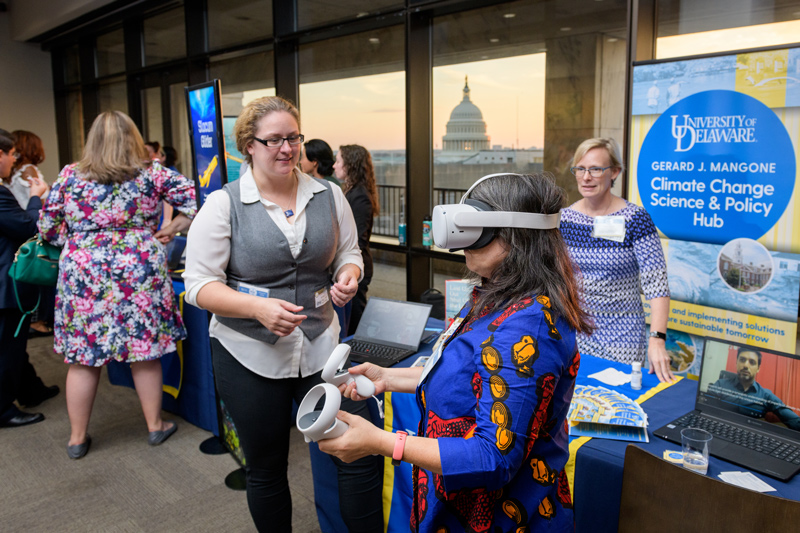
SMSP Research
Faculty in the School of Marine Science and Policy (SMSP) all have an academic pedigree that places them within a discrete discipline, whether chemical oceanography or policy analysis.
You can get a sense of their individual disciplines through either their profile pages or on our Degree pages, which list faculty who work in each area. But the research underway in the School, just like the studies being done throughout the College, does not fall so neatly into academic categories. Rather, the overviews below represent the geographies in which School faculty work and collaborate to answer real-world questions.

Oceans
While the entire faculty of the School of Marine Science and Policy has research that intersects with the world’s ocean in some way, there are faculty members whose research focuses on the ocean apart from other systems, to the degree that is possible. Some concentrate on the deep sea, whether its chemistry, geology or biology. Others are primarily concerned with ocean currents. More detail on any of their research interests is available at their profile pages, linked below.

Coast
Estuarine and other near-shore and liminal ecosystems offer unique research questions, biological productivity, and societal relevance. Faculty working in coastal environments study algal blooms, coral reefs, fluid dynamics, wetland environments and more.

Polar regions
The School of Marine Science and Policy has a number of faculty with expertise and lengthy experience working in both the Arctic and Antarctica, along with several colleagues from the departments of Earth Sciences and Geography and Spatial Sciences. Studies range from the biological, examining zooplankton in the North and penguin feeding off Antarctica, to the physical, exploring how glaciers are changing.

Climate
As with the ocean, in many ways, everyone in the School has work directly examining the climate or exploring the impacts of a changing climate. Some faculty, however, explicitly seek to answer questions about how our climate works, the effects of climate change on humans and environment alike, and what potential there may be for mitigation and adaptation. Specialties represented include everything from policy to meteorology to oceanography.
